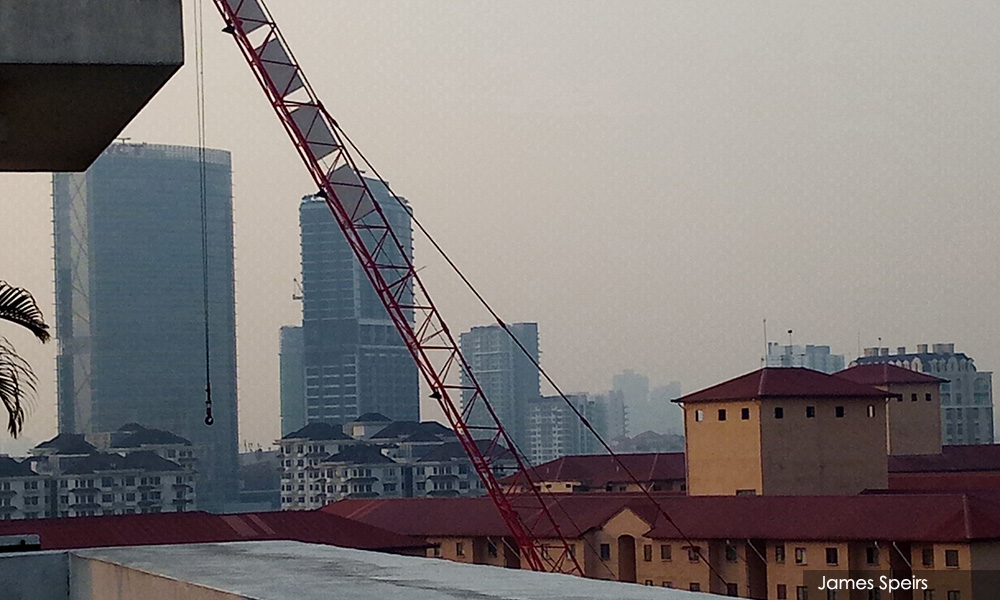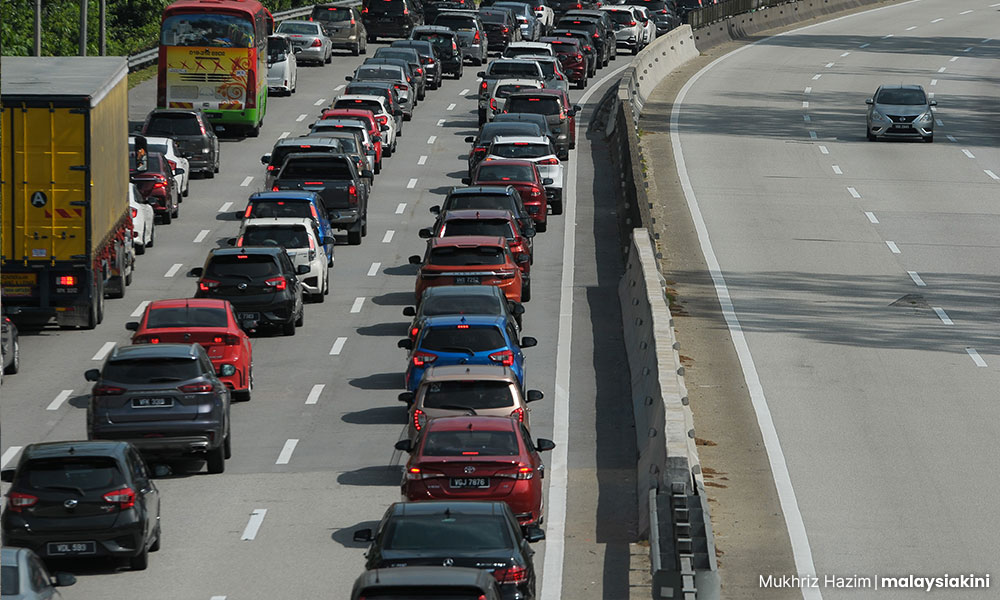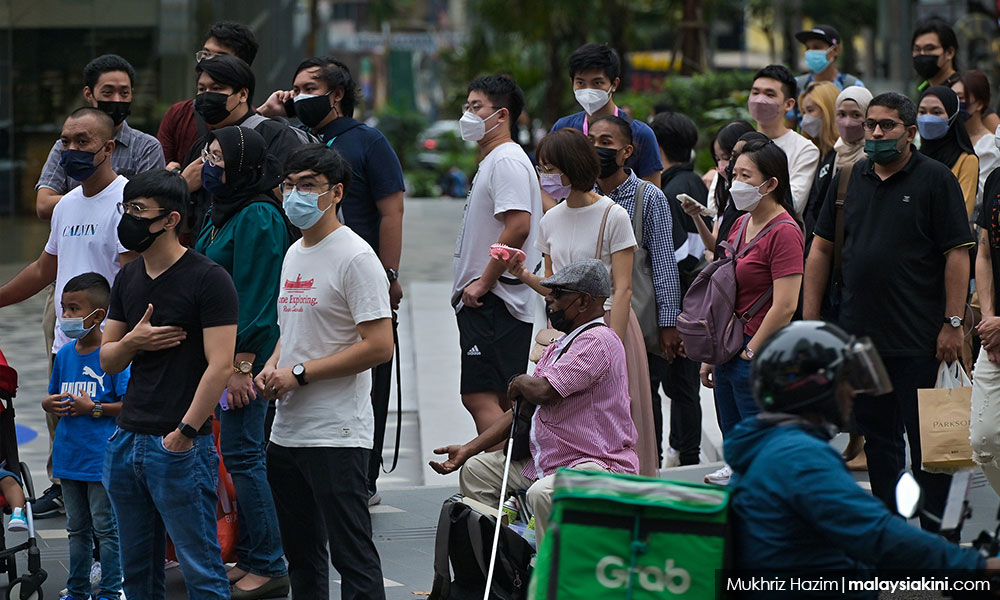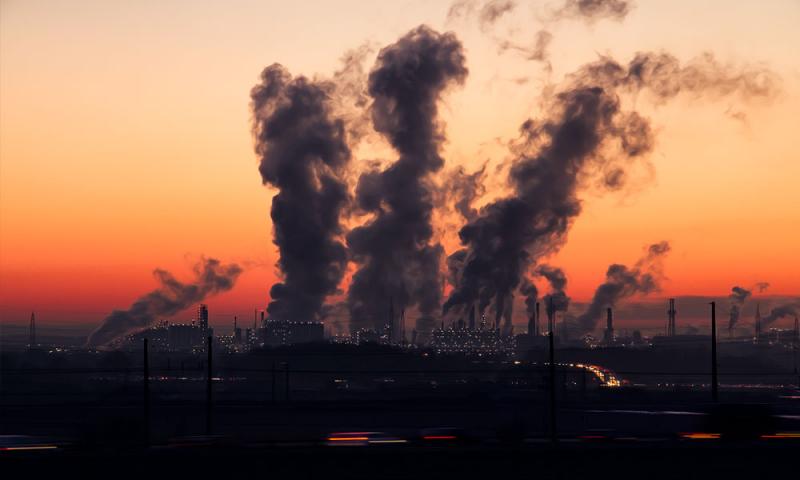LETTER | Let's all help reduce air pollution in our daily lives
LETTER | On this International Day of Clean Air for blue skies (Sept 7), the Consumers Association of Penang calls on the Malaysian authorities to act urgently on air pollution, the biggest environmental health risk of our time.
According to the United Nations, over 99 percent of people today breathe unsafe air. Exposure can lead to stroke, heart and lung diseases, cancer, and more. Globally, polluted air kills 6.7 million people per year, and 2.4 billion people are exposed to dangerous levels of household air pollution.
We call on the government to protect public health and implement good policies and practices to significantly reduce emissions from the following five sectors which have been internationally identified to be the main sources of human-driven air pollution:
1. Transport: Fine particulate matter, including black carbon, ozone, and nitrogen dioxide are all linked to emissions from the global transport sector. Exposure to vehicle emissions is linked to up to 400,000 premature deaths a year and approximately US$1 trillion (RM4.7 trillion) in health damages.
2. Industry: Industries release large amounts of carbon monoxide, hydrocarbons, particulate matter and chemicals into the air.
3. Waste: The open burning of waste releases methane, particulate matter, persistent organic pollutants, and other toxins. These enter the food chain and ecosystems, threatening human and environmental health.
4. Households: Particulate matter including black carbon, carbon monoxide, lead, and mercury are the main pollutants from burning solid fuels in open fires and inefficient stoves inside homes. Household air pollution causes 4.3 million premature deaths annually.
5. Agriculture: Methane, generated from agricultural processes and livestock, contributes to ground-level ozone air pollution, causing asthma and other respiratory illnesses. Methane is also a powerful greenhouse gas that has contributed to as much as 45 percent of current net-global warming. Open burning to clear agricultural fields and land is a leading contributor to particulate pollution including black carbon.

Air pollution is also strongly correlated with the worsening climate crisis, and it impacts ecosystems, threatening food security and economic productivity. We urge the authorities to constantly monitor air quality in the country, collaborate with and enable action across all key sectors to tackle the problem, and protect health and livelihoods.
Measures can be taken in transport, buildings and other areas to generate clean air benefits and protect the public from harmful toxins and pollutants. CAP calls on the authorities to:
Come out with new regulations to reduce harmful air pollutants from industrial sources.
Ensure good policies that improve municipal solid waste management and reduce emissions from that sector.
Implement local and national air quality action plans.
Introduce policies that increase access to clean, non-polluting energy sources in all homes.
Regularly monitor air quality and assess all pollution sources and tackle them immediately.
Compel businesses to use ecologically, economically and socially sustainable practices that reduce air pollution.

For the public, the authorities should:
Provide free public transport in urban areas to raise awareness to encourage drivers to leave their cars at home.
Organise eco-walks and public cycling events to promote walking and bicycling.
Share online educational materials for local schools.
Create car-free streets.
Create green spaces in cities to help remove some pollutants.
The authorities should also conduct regular public campaigns to advise people to:
Reduce waste, compost food, recycle non-organic trash, reuse grocery bags, and don’t burn trash.
Switch to a plant-rich diet, cut single-use plastic products and consider ways of travelling through means that pollute less.
Use public transport, cycle, or walk to get around.

CAP advises consumers to avoid spending long periods of time in places where pollution builds up, such as busy roads. If you travel on foot or a bike, using routes away from congested roads can cut exposure by half.
We can all help reduce pollution in our daily lives. Let’s all come “Together For Clean Air”, as advocated in the theme for this year’s fourth annual celebration of International Day of Clean Air for blue skies.
MOHIDEEN ABDUL KADER is Consumers’ Association of Penang president.
The views expressed here are those of the author/contributor and do not necessarily represent the views of Malaysiakini.
RM12.50 / month
- Unlimited access to award-winning journalism
- Comment and share your opinions on all our articles
- Gift interesting stories to your friends
- Tax deductable
